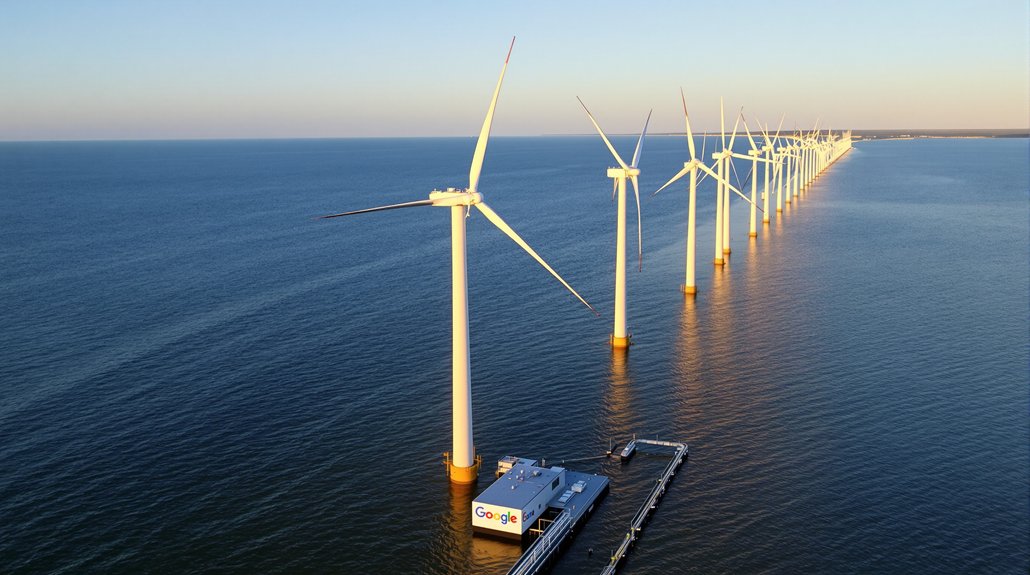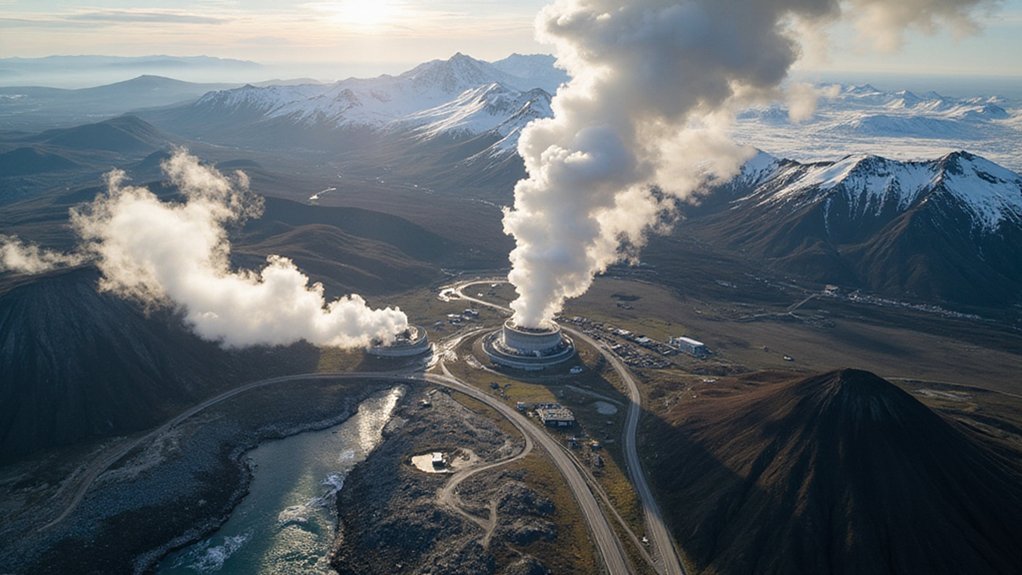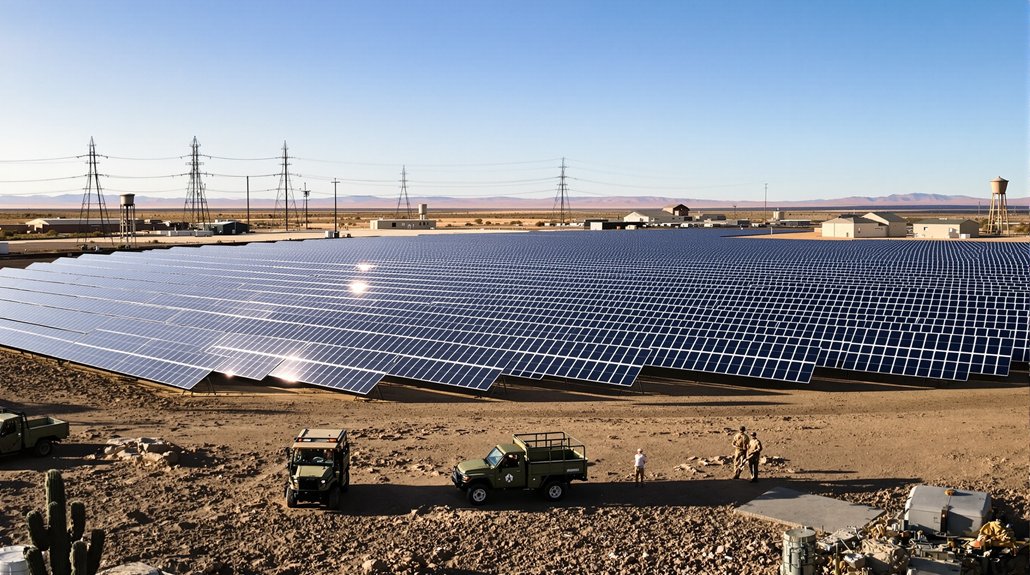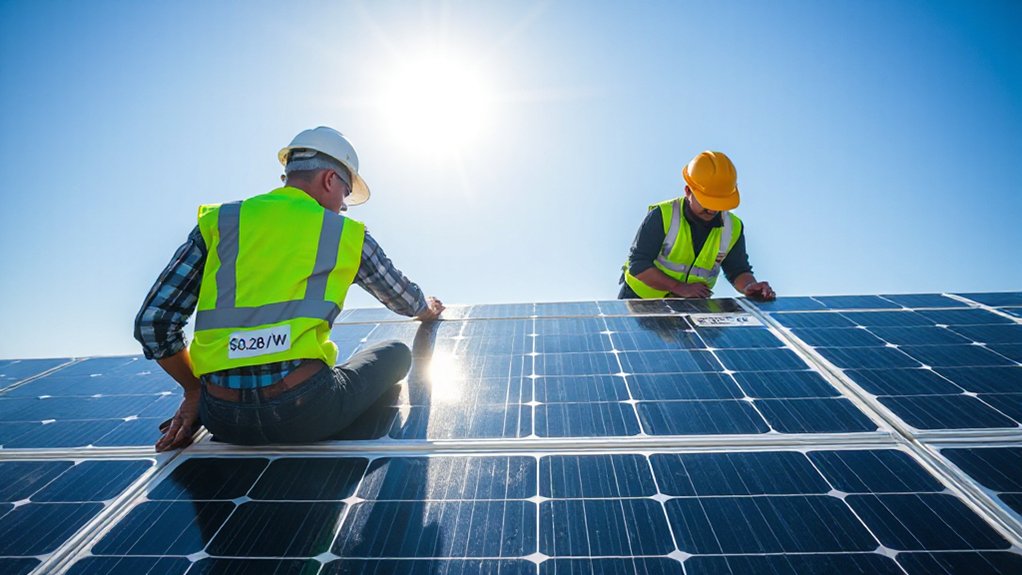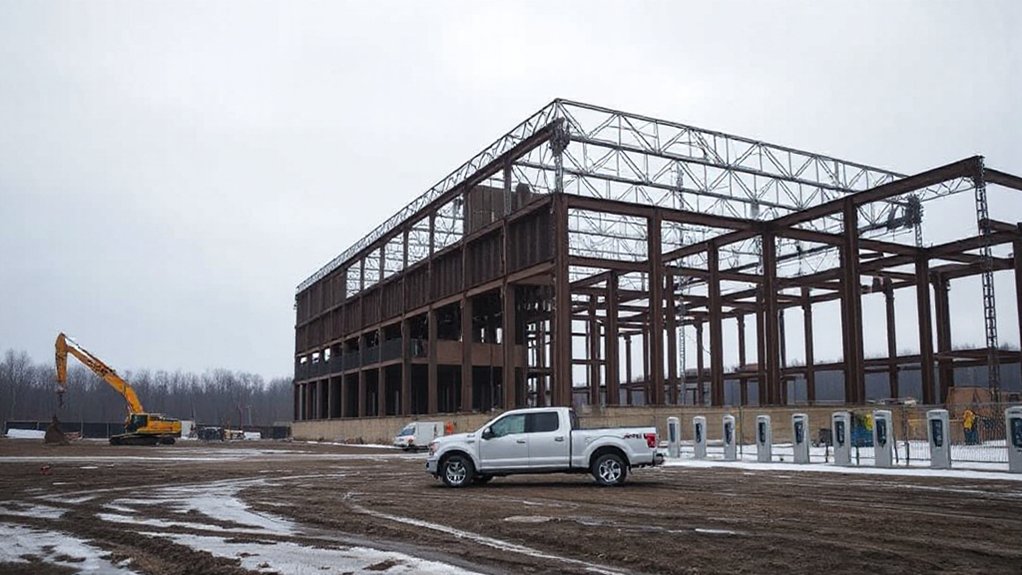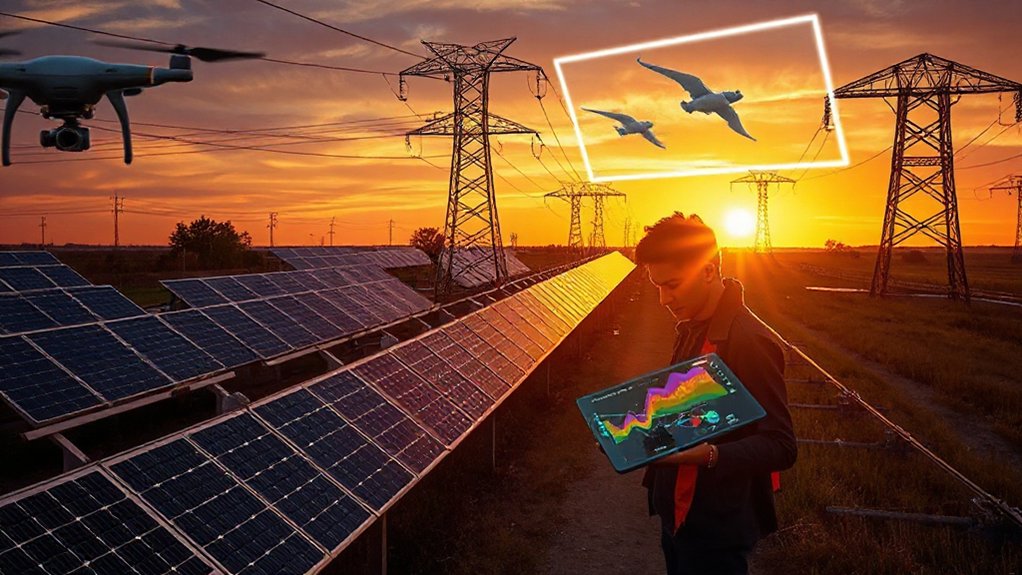While most energy conversations involve endless debates about the future, the Sādę Solar Initiative is actually doing something about it. This Indigenous-led project is bringing a 2.85 MW solar farm with battery storage to Watson Lake, Yukon. A whopping $28.6 million in funding has been secured from various sources including federal, territorial, and First Kaska Utilities LP investments. Located on Liard First Nation traditional territory, it’s not just talk—it’s action.
Construction kicks off in June 2025. That might seem like a long wait, but Rome wasn’t built in a day, and neither are transformative energy projects in the North. The target for full commissioning? Summer 2027. They’ll phase it in gradually because, surprise, you can’t just throw a massive solar farm onto a tiny microgrid and expect things to work flawlessly.
The numbers are impressive. Once running, this project will replace over 24% of Watson Lake’s diesel-generated electricity. That’s over a million litres of diesel not being burned every year. Greenhouse gas emissions? Down by 3,509 tonnes annually. Not bad for a place where people still think renewable energy “doesn’t work up North.” The initiative aligns with global trends showing renewables now power nearly 30% of electricity worldwide.
This isn’t just environmental feel-good stuff. The project creates jobs, offers training opportunities, and generates revenue that can be reinvested in other clean energy projects like biomass and wind. The Liard First Nation stands to profit by selling excess power to the grid. It’s almost like Indigenous communities understand long-term planning or something.
Watson Lake currently relies on 6.4 MW of diesel-generated power. The solar farm addresses the seasonality issues through its battery storage system—critical in a place where winter days are shorter than a politician’s memory. First Kaska Utilities has secured a 25-year power agreement with ATCO to ensure long-term viability of the project. Chief Stephen Charlie has emphasized that the project deeply aligns with First Nation values and represents a meaningful step toward reconciliation.
If successful, this project could become a blueprint for other northern and Indigenous communities looking to break free from diesel dependency. Energy autonomy in the North? Now that’s truly transformative. Who would’ve thought the future of energy would come from those who’ve been caring for the land the longest?
References
- https://www.yukon-news.com/news/indigenous-led-solar-project-secures-286m-in-funding-for-yukons-largest-solar-farm-8091702
- https://www.microgridknowledge.com/community-microgrids/news/55299045/northern-canada-bringing-solar-storage-to-bolster-microgrid-on-yukon-tribal-land
- https://www.cbc.ca/news/canada/north/solar-project-yukon-solvest-1.5648144
- https://yukon.ca/en/news/federal-government-invests-indigenous-led-solar-initiative-watson-lake
- https://whiteriverfirstnation.com/solar-farm/


